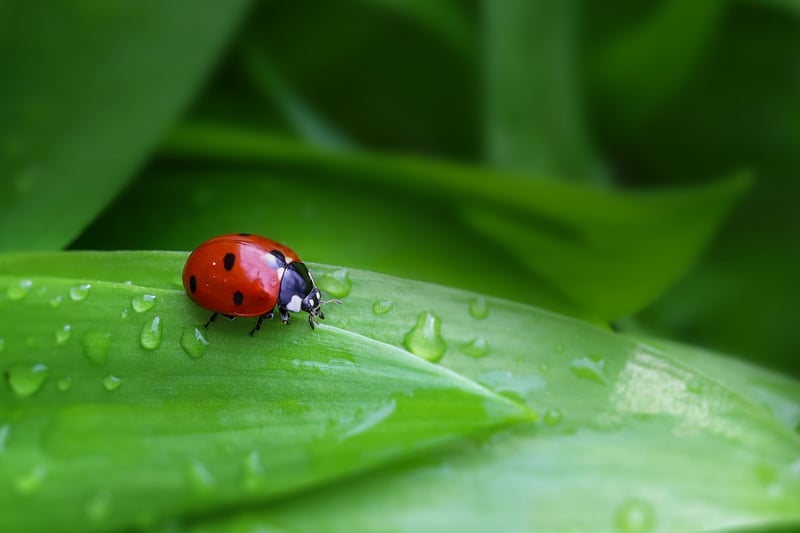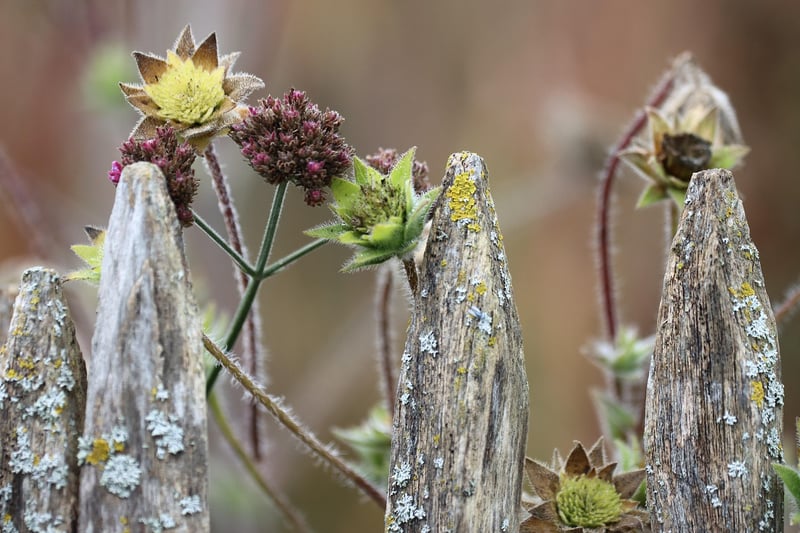Preventive Measures
Protecting Your Urban Garden from Pests + Preventive Measures
Introduction
Urban gardening has become increasingly popular but comes with its challenges, especially when it comes to pest management. Pests can quickly wreak havoc on your carefully nurtured plants. In this article, we will explore effective strategies to protect your urban garden from pests and share preventive measures to maintain a healthy and thriving garden.
Identifying Common Pests
Before implementing pest control measures, it's essential to identify common garden pests. Some typical urban garden pests include aphids, slugs, snails, caterpillars, and spider mites. Understanding the specific pests affecting your plants will help you choose the most appropriate pest control methods.
Protecting Your Garden
1. Natural Predators
Encourage natural predators like ladybugs, lacewings, and birds in your garden. These beneficial insects feed on common pests, helping to keep their populations in check.
2. Companion Planting
Utilize companion planting by growing pest-repellent plants alongside your main crops. For example, planting marigolds can deter aphids, while basil repels mosquitoes and flies.
3. Physical Barriers
Install physical barriers such as row covers, netting, or fences to prevent pests like birds, rabbits, and deer from accessing your plants.
4. Organic Sprays
Use organic sprays like neem oil, insecticidal soap, or garlic spray to deter pests without harming beneficial insects or contaminating your produce.
Preventive Measures
1. Regular Inspection
Inspect your plants regularly for signs of pest infestation. Early detection can help prevent pests from causing extensive damage to your garden.
2. Proper Watering
Avoid overwatering your plants as this can attract pests like slugs and snails. Water your garden in the morning to allow the soil to dry out during the day, reducing pest habitat.
3. Crop Rotation
Practice crop rotation to prevent the buildup of pests in the soil. Rotating your crops each season can disrupt the life cycles of pests, reducing their numbers.
4. Healthy Soil
Maintain healthy soil by adding compost and organic matter. Healthy soil leads to robust plants that are more resistant to pest infestations.
Conclusion
By implementing these pest control strategies and preventive measures, you can safeguard your urban garden from pests and enjoy a bountiful harvest. Remember to observe your plants regularly, maintain a healthy garden environment, and utilize natural pest control methods for a thriving urban garden.


